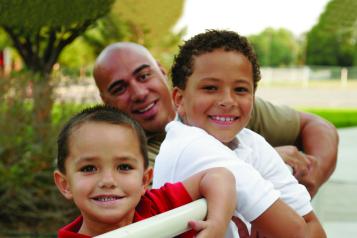News
News and reports
News

Participant Panel: Opportunity to be involved
Engaging Communities Solutions (ECS) is the organisation that delivers your local Healthwatch service. As well as delivering local Healthwatch, ECS carries out social research for a range of clients who are usually from the public sector. The subjects that we cover are mainly health and social care related but sometimes we carry out projects that are about other topics too. To be able to involve more people in our research projects we are now recruiting people to join our Participant Panel. Members of the panel are people who would like to take
part in focus groups or interviews about different subjects and contribute to service improvements or new developments that are not part of the work of the local Healthwatch. You will receive a thank you for any focus groups or interviews that you take part in as a Panel Member such as a gift voucher.
If you are interested in joining our Participant Panel, please complete the registration form Https://engagingcommunities.welcomesyourfeedback.net/3d8r22 , or if you have any questions about the Panel, please contact Research Manager, Deborah Faulks, on 07876 897098 or deborah.faulks@weareecs.co.u
part in focus groups or interviews about different subjects and contribute to service improvements or new developments that are not part of the work of the local Healthwatch. You will receive a thank you for any focus groups or interviews that you take part in as a Panel Member such as a gift voucher.
If you are interested in joining our Participant Panel, please complete the registration form Https://engagingcommunities.welcomesyourfeedback.net/3d8r22 , or if you have any questions about the Panel, please contact Research Manager, Deborah Faulks, on 07876 897098 or deborah.faulks@weareecs.co.u
News
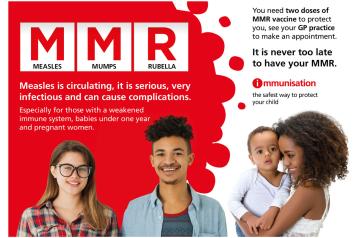
Get protected with the MMR vaccine as children return to schools and nurseries
With the start of the new school term and the continuing rise in measles cases across the West Midlands, parents and carers in Walsall are being urged to ensure their children are up to date with their vaccinations such as MMR (measles, mumps and rubella) as soon as possible.
News
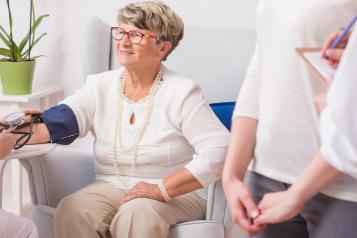
Caring for Me and You Carer’s Course
Learn new skills to help you to cope with your caring situation.
Advice and Information
Information around Diabetes
Diabetes Self Care Management Programme
If you are living with Diabetes, why not join the Diabetes Self Care Management Programme and take better care of yourself.
If you are living with Diabetes, why not join the Diabetes Self Care Management Programme and take better care of yourself.
Advice and Information
Self Care Management information
By taking part, you will:
• Gain/extend knowledge about how to live with your condition
• Feel confident and more in control of your life
• Manage your condition and treatment together with healthcare professionals
• Be realistic about the impact of your condition on yourself and your family
• Use your new skills and knowledge to improve your quality of life
• Meet others who share similar experiences
• Gain/extend knowledge about how to live with your condition
• Feel confident and more in control of your life
• Manage your condition and treatment together with healthcare professionals
• Be realistic about the impact of your condition on yourself and your family
• Use your new skills and knowledge to improve your quality of life
• Meet others who share similar experiences
Advice and Information
Chronic Pain Self Care Management Programme
If you are living with Chronic Pain, why not join the Chronic Pain Self Care Management Programme and take better care of yourself
Advice and Information
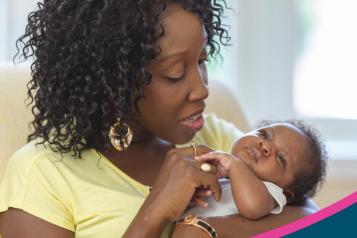
Get involved in this Maternity survey
The Black Country Local Maternity and Neonatal System (BCLMNS) is looking at a way of working across Dudley, Sandwell, Walsall and Wolverhampton. This would mean that care is based on where women and birthing people plan to have their babies – rather than being based on geography
News
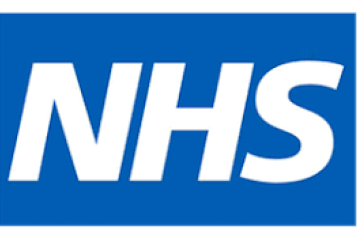
Protect your children against measles
Parents across the Black Country are being urged to make sure children are up to date with their measles, mumps and rubella (MMR) jab, following an increase in measles in the West Midlands.
Measles is a highly infectious disease which can lead to serious complications such as severe lung infections and inflammation of the brain. It also damages and suppresses the whole immune system, meaning children can be left much more susceptible to catching other illnesses.
It can spread quickly among communities, such as schools and nurseries, if children have not had two dose the MMR vaccine.
Symptoms of measles include:
• high temperature
• runny or blocked nose
• sneezing
• cough
• red, sore, watery eyes
• rash, which usually appears a few days after cold-like symptoms (sometimes it starts around the ears before spreading to the rest of the body).
All children are invited for their first MMR vaccine on the NHS when they turn one. The second dose is given when they reach three years and four months of age. Having two doses of the vaccine provides the best protection against MMR.
Adults and older children can also be vaccinated at any age if they have not been fully vaccinated before and are being encouraged to come forward if they haven’t had two doses.
The NHS has created a video of a local infection prevention nurse sharing the symptoms of measles to look out for and the ways to keep your child safe with the MMR vaccine.
Measles is a highly infectious disease which can lead to serious complications such as severe lung infections and inflammation of the brain. It also damages and suppresses the whole immune system, meaning children can be left much more susceptible to catching other illnesses.
It can spread quickly among communities, such as schools and nurseries, if children have not had two dose the MMR vaccine.
Symptoms of measles include:
• high temperature
• runny or blocked nose
• sneezing
• cough
• red, sore, watery eyes
• rash, which usually appears a few days after cold-like symptoms (sometimes it starts around the ears before spreading to the rest of the body).
All children are invited for their first MMR vaccine on the NHS when they turn one. The second dose is given when they reach three years and four months of age. Having two doses of the vaccine provides the best protection against MMR.
Adults and older children can also be vaccinated at any age if they have not been fully vaccinated before and are being encouraged to come forward if they haven’t had two doses.
The NHS has created a video of a local infection prevention nurse sharing the symptoms of measles to look out for and the ways to keep your child safe with the MMR vaccine.
News
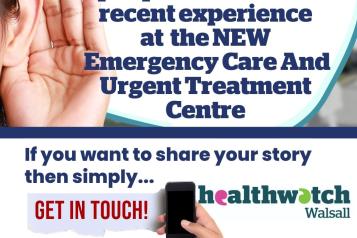
Get involved
A callout to anyone who has used the NEW Emergency and Urgent Care Centre at Walsall Manor Hospital.
Share your experience, call us on 0800 470 1660 or Email: info@healthwatchwalsall.co.uk
Share your experience, call us on 0800 470 1660 or Email: info@healthwatchwalsall.co.uk
News

Our December E Bulletin is now available
A brief outline of some of the issues and themes that patients have faced when accessing Walsall Services during December 2023.
Also, things that you can get involved with!
Also, things that you can get involved with!
Report

